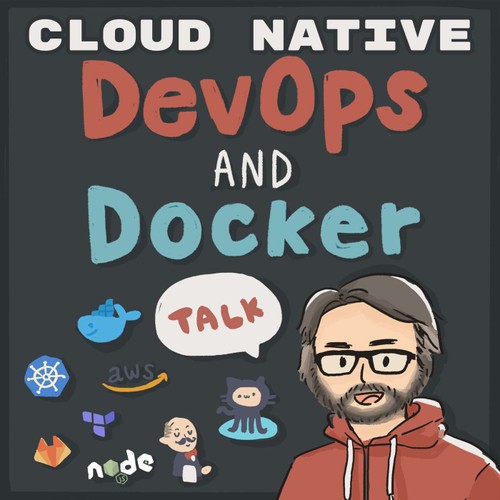
 DevOps and Docker Talk: Cloud Native Interviews and Tooling
DevOps and Docker Talk: Cloud Native Interviews and Tooling Tailscale Everything
18 snips
Jan 5, 2024 Bret interviews Alex Kretzschmar from Tailscale about their universal VPN tool. They talk about the benefits of Tailscale, including easy device-to-device connections and seamless network experience. They also discuss the use cases of Tailscale in Kubernetes and the challenges of managing VPN connections. Additionally, they touch on networking products, Magic DNS, key exchange process, and the 'swarm fans' community.
AI Snips
Chapters
Transcript
Episode notes
Peer-to-Peer VPN Magic
- Tailscale creates peer-to-peer connections between devices that work anywhere with internet access.
- It removes the need for port forwarding or manual firewall configuration, enabling seamless remote device access.
Quick and Easy Tailscale Setup
- Alex shared his experience switching to Tailscale was quick and easy, taking only half an hour.
- This highlights how user-friendly and efficient Tailscale is compared to traditional VPN setups.
Leverage Free Tier and Policies
- Use Tailscale's free tier for up to three users and 100 devices, which covers most advanced personal and small team setups.
- Explore access control policies to manage precise device permissions programmatically via GitOps.
